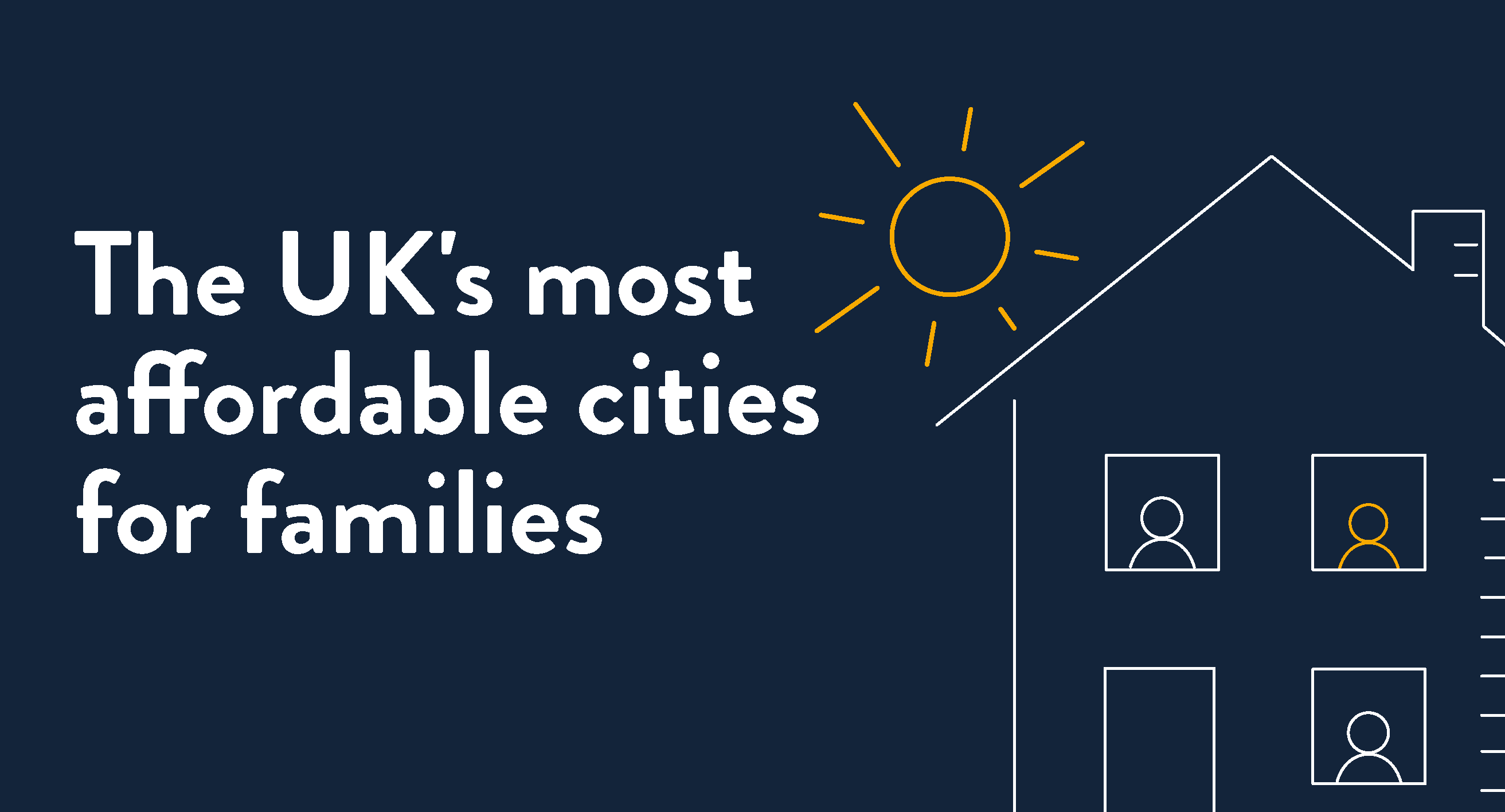
You’ve heard it referred to as ‘baby brain’, but is it real that your brain changes when you’re pregnant? If so, what can you do about it?
The truth: is baby brain real?
Not so long ago, headlines spouted that baby brain was a myth. It was all in our minds, perhaps exacerbated by the sleepless nights of the newborn phase. However, two more recent studies have shown that ‘baby brain’ is real.
Firstly, an interesting study in the Medical Journal of Australia looked at the cognitive function of both pregnant and non-pregnant women. It revealed that pregnant women experienced worse performance in areas such as planning and memory, decision-making and attention. It also showed that the changes happened early in pregnancy and then stabilised later on.
Another study, this time published in Nature Neuroscience, demonstrated actual changes that occur during a woman’s brain during pregnancy. Indeed, the changes of ‘baby brain’ are really quite remarkable. The brain actually gets smaller. However, it’s not all bad news. The same study claims that the brain becomes more efficient in some areas too.
The study went on to identify exactly how baby brain becomes apparent. Grey matter is predominantly lost at the front and temporal lobe regions. These brain areas take on the challenges of social interaction, suggesting that it is this loss which helps mothers to attach to their infant.
So having established that baby brain is real, how do you combat it?
Do you want to combat baby brain?
Firstly we should ask the question – do you want to? Given that research has shown that the changes in your brain which occur during pregnancy are designed to prepare you for motherhood, there is a good argument for letting it happen unchecked. Knowing that the changes help you to bond effectively, and prioritise your baby’s needs, can be all of the acceptance some mums need.
However, we also understand the plight of the modern mum. Maternity leave is nearing an end and you still can’t focus on anything except nappies and night feeds let alone spreadsheets and strategy. Then there’s the fact that you quite liked your life pre-children, and you’d like some semblance of feeling like yourself again.
Therefore, what can you do to manage baby brain and ensure it impacts less on your life?
How to manage ‘baby brain’
How much of the brain fog which descends is actual baby brain and how much is down to the sheer overwhelming of motherhood, we’re not sure. However, tackle the following areas and you will be thinking more clearly in no time.
1. Routine:
When it comes to baby brain, routine is your friend. Not only does it help your little one to thrive, it helps you manage everyday life. Knowing what’s coming next throughout your week, can help provide the framework you need to manage life.
This applies whether you’re on maternity leave, a stay-at-home-mum, or back at work. Keep a routine and you’ll find it’s harder to forget things.
For example, when baby arrives, start putting routines in early with bedtimes, bathtime, feedings etc. You may notice that your baby gets tired or hungry at the same time each day, try to take note of this and work out a routine based on how your baby feels. The key is anticipating your baby’s needs and wants to save your baby getting overtired or crying because he or she wants a feed.
2. Sleep:
Ok, we know that sleep with a little one isn’t necessarily easy. However, our cognitive function is always improved when we are well-rested and getting ample sleep.
Try to ensure that you get as much sleep as possible, even taking naps when your baby does. Ring-fence sleep as one of the most important time for.
3. Exercise:
It’s widely accepted that exercise improves your brain power. Whether going for a brisk walk with the pushchair or leaving baby with their dad or a babysitter to attend an exercise class.
4. Support
There’s no escaping that life with babies and young children is all-encompassing. Those who thrive and feel less burdened by baby brain are those with a fantastic support network. Build connections around you which consists of family, friends and healthcare workers, who will also look after you.
5. Diet:
Brain boosting foods such as oily fish, blueberries, broccoli, turmeric and nuts should be featuring highly in your diet. Nourishing your body also includes nourishing your brain.
6. Make organisation your life
Lastly, becoming a parent requires a completely different approach to organisation! Remembering everything for baby, you, work and home can be a monumental task. Therefore make lists your friend, use a diary, and always write things down.
Baby brain is real, but it’s not bad news. Know that your brain is primed to help you and your baby thrive. However, put in place our tips to make it easier, and feel more in control of motherhood.


